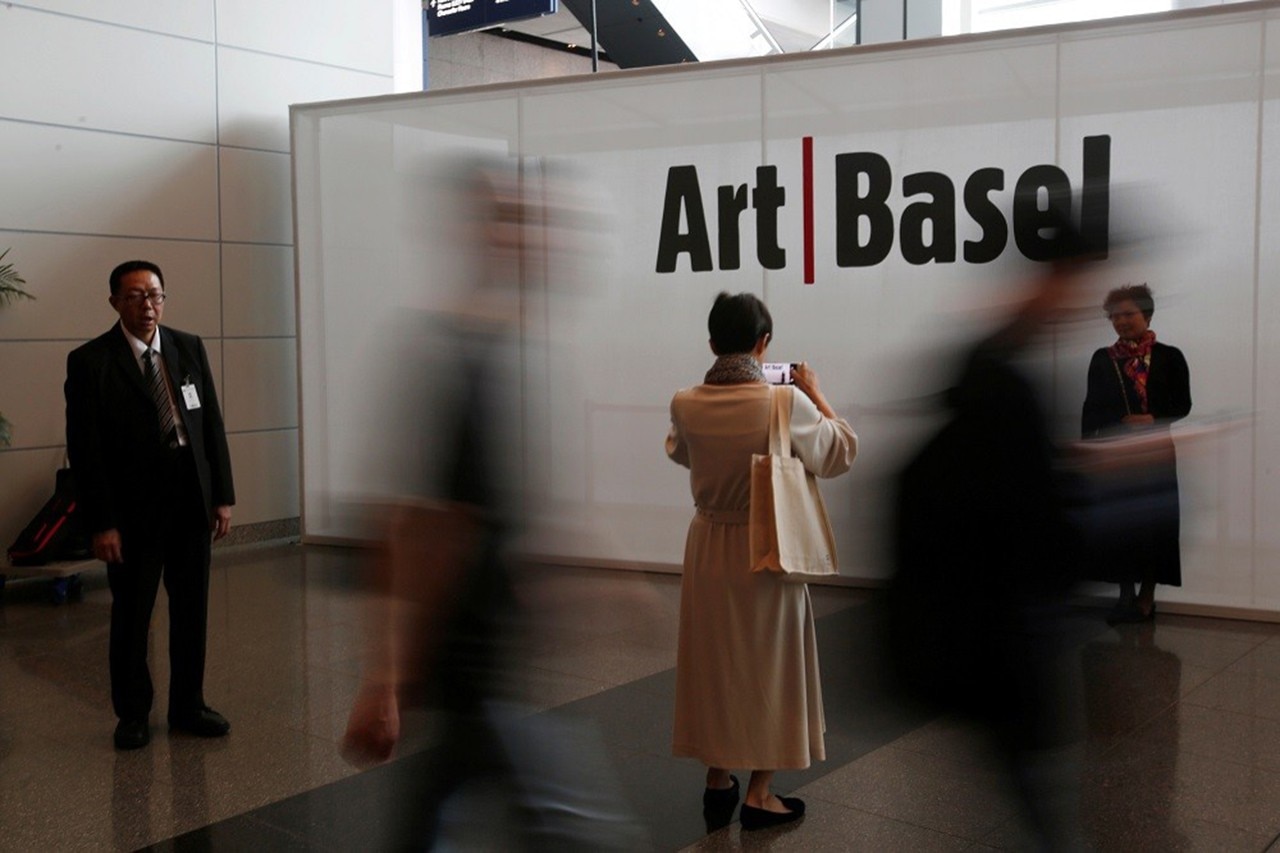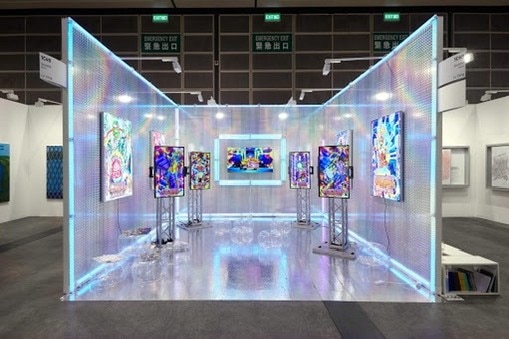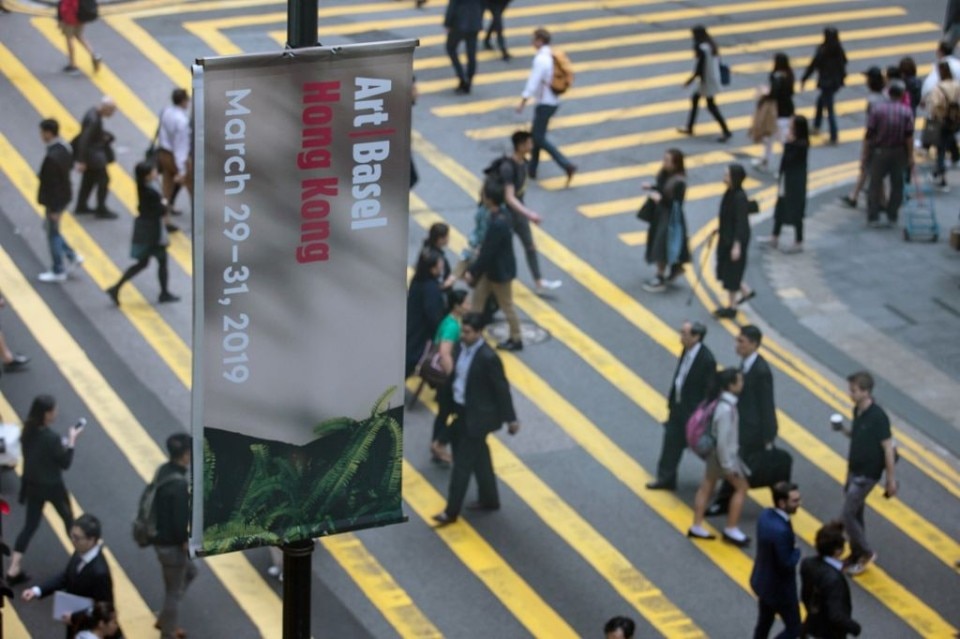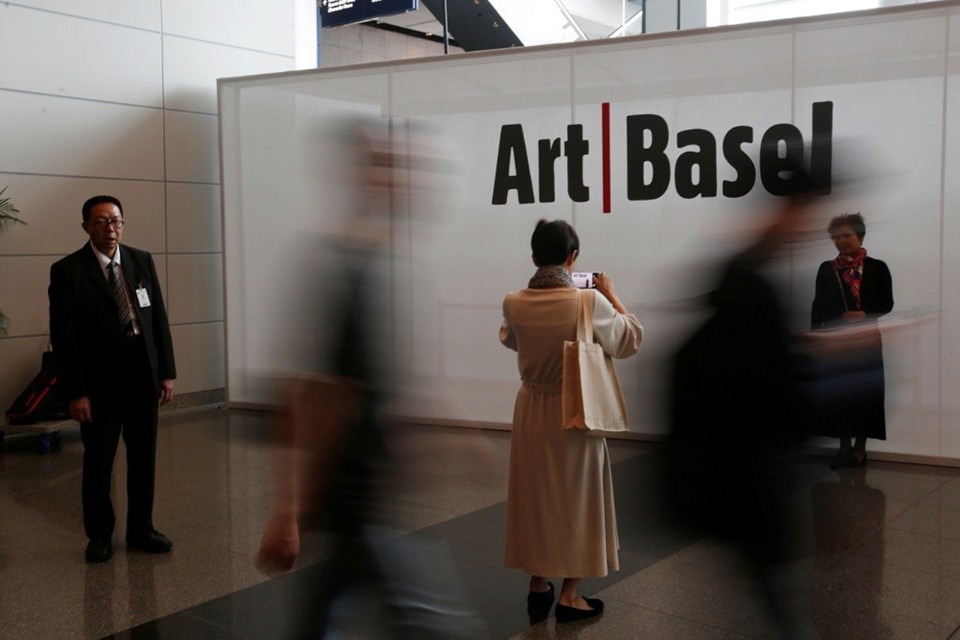Venice Architecture Biennale has been postponed, Salone del Mobile has been cancelled, and, probably, Cannes Film Festival and Venice International Film Festival won’t be spared, either. What about Art Basel Hong Kong? It was held online. These days, the cultural industry is focusing on the Internet, because it represents an alternative way to allow art galleries to exhibit their works and, possibly, sell them.
Museums open their doors in an interactive way, auction houses organize online auctions or try to attract more attention by placing their advertising and work on social networks and other digital platforms. And it could not be otherwise. If Balzac’s masterpieces were novels, it was because the cultural industry of the time wanted – guess what – novels. Today, the demand is different, different and varied, so varied that the old sales methods, which were already failing to meet the demand, have given way to the web, which fully satisfies every type of need, demand and customer.
The culture and art world rely on this new medium, which can be interpreted and seen as the new Great Library of Alexandria: a god who can do everything, and in everything succeeds. The Internet thus becomes an instrument of cultural diffusion, a possibility for people to visit places, houses, people and minds that would otherwise be impossible to reach. Internet can find, and then put into practice, a new approach to sales and diffusion, a new kind of company that has established itself on the market and keeps on succeeding. Internet, the web: a company.
Nowadays, this structure allows every sector of the art world to strengthen its economic and cultural power and to maintain it in a historical moment when it could not be done otherwise.
In Italian, an enterprise is an azienda. The word comes from the Spanish hacienda, and from the Latin facienda meaning things to be done. The things you do when you need to, and that’s the policy: to do, and to achieve everything.
Moreover, the English word enterprise comes from the Latin prendere and from the old French entreprendre meaning to undertake. The enterprise itself generates the stimulus for undertaking new activities. This leads to success, and to creating new businesses. In fact, the second industrial revolution, or the telematic revolution, pays great attention to the business.
Through the internet, the works are sold, bought, exhibited and commented, they are taken away from immobility, it is a museum that travels all over the world at the same time. The museum is on the internet, while art and culture are being displayed on the (inter)canvas.
Nowadays, this structure allows every sector of the art world to strengthen its economic and cultural power and to maintain it in a historical moment when it could not be done otherwise. Internet does not clash with live exhibitions, but it supports them, it is an instrument of valorisation and communication. Each work can be analysed, read, but it cannot be contemplated, since there is no longer a temple or a place of time.
There are many websites for online sales of all kinds of works of art and art objects, but the difference, in addition to the products themselves, is undoubtedly in the completely different idea of participation, in the process of buying and selling and exhibition that Art Basel has designed and created: the online viewing rooms. Today, Internet allows you to get in touch, see, listen, participate, study in a new way, which also allows you to experience sounds and sights your own way.
“The new system will be the telecomputer, or teleputer, a personal computer adapted for video processing and connected by fiber-optic threads to other teleputers all around the world (…) The telecomputer may even reverse the effects of the television age. Rather than exalting mass culture, the telecomputer will enhance individualism. Rather than cultivating passivity, the telecomputer will promote creativity. With artful programming of telecomputers, you could spend a day interacting on the screen with Henry Kissinger, Kim Basinger, or Billy Graham(...). You could take a fully interactive course in physics or computer science with the world’s most exciting professors, who respond to your questions and let you move at your own learning speed. You could have a fully interactive workday without commuting to the office or run a global corporation without ever getting on a plane.” These were the words of George Gilder, an American writer and techno-utopian advocate who feel rather optimistic about the resources of freedom and creativity available to the telematic individual. His approach perfectly meets the expectations on the internet that we already had in 1995. They also anticipate with extreme accuracy the need for this world so vast and complex at this time of extreme economic, social and health care difficulties. And, perhaps, these very difficulties are first of all aesthetic and therefore spiritual.







